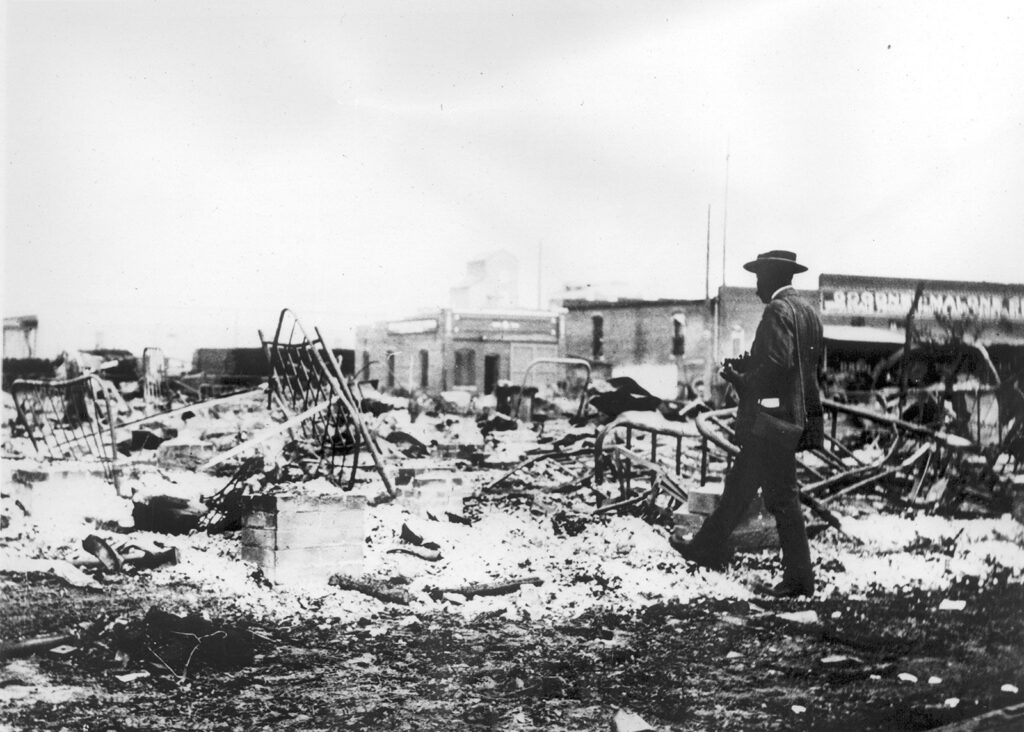
In a pivotal legal battle, the city of Evanston, Illinois, is vigorously defending its groundbreaking reparations program for Black residents against a lawsuit challenging its constitutionality.
The lawsuit, filed by a group of residents, contends that the program discriminates based on race and violates the
Equal Protection Clause of the U.S. Constitution. As one of the first municipalities in the United States to implement
a reparations program aimed at addressing the long-standing impacts of slavery and racial discrimination,
Evanston’s initiative has garnered national attention and sparked debates on the feasibility and fairness of such
programs.
The reparations program, which was approved by the Evanston City Council in 2019, is designed to provide financial
assistance to Black residents, particularly in areas related to housing and economic development. The program’s
initial phase focuses on homeownership, offering grants of up to $25,000 for down payments, mortgage assistance,
or home improvements. These grants are targeted at Black residents who can trace their lineage to ancestors who
lived in Evanston between 1919 and 1969 or who faced housing discrimination in the city due to racial policies.
The program was born out of a recognition of the systemic racism that has historically disenfranchised Black
residents, particularly in the realms of housing and economic opportunity. Evanston’s leaders and supporters of the
program argue that these reparations are a necessary step toward rectifying the economic disparities that have
persisted for generations due to discriminatory practices such as redlining, which excluded Black families from
homeownership and wealth accumulation.
However, the lawsuit, led by opponents of the program, challenges the legality of allocating funds based on race,
asserting that it unfairly benefits one racial group over others. The plaintiffs argue that while the program is well-
intentioned, it violates the principle of equal treatment under the law by using race as a criterion for eligibility. They
contend that the program’s focus on race could set a precedent that might be applied in other contexts, potentially
leading to divisive outcomes.
Evanston city officials and supporters of the reparations program maintain that the initiative is both legal and
necessary. They argue that the program is not about racial preference but about addressing specific harms caused by
historical and systemic racism. The city contends that the program is a form of restorative justice aimed at correcting
the long-term impacts of policies that deliberately excluded Black residents from economic opportunities,
particularly in housing.
The legal battle has attracted widespread attention, with advocacy groups, legal experts, and policymakers across the
country closely watching the case. Supporters of reparations programs see Evanston’s initiative as a potential model
for other cities and states grappling with how to address the legacy of racial injustice. On the other hand, opponents
fear that such programs could exacerbate racial tensions and lead to further legal challenges on constitutional
grounds.
As the case progresses, it will likely serve as a significant test of the legal boundaries surrounding reparations
programs in the United States. The outcome could have far-reaching implications for similar initiatives nationwide,
shaping the future of how local governments approach the issue of reparations and racial justice. For Evanston, the
stakes are particularly high, as the city seeks to balance its commitment to addressing historical injustices with the
legal and political challenges that such efforts inevitably face.







